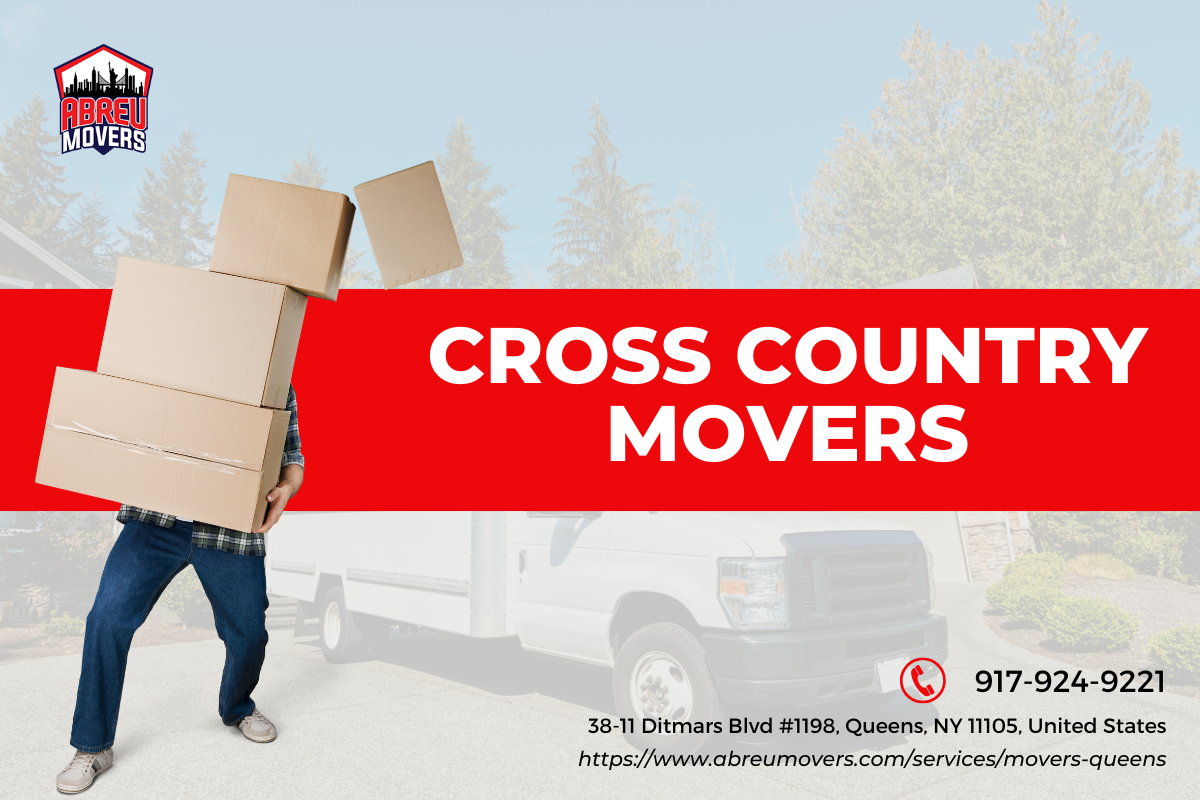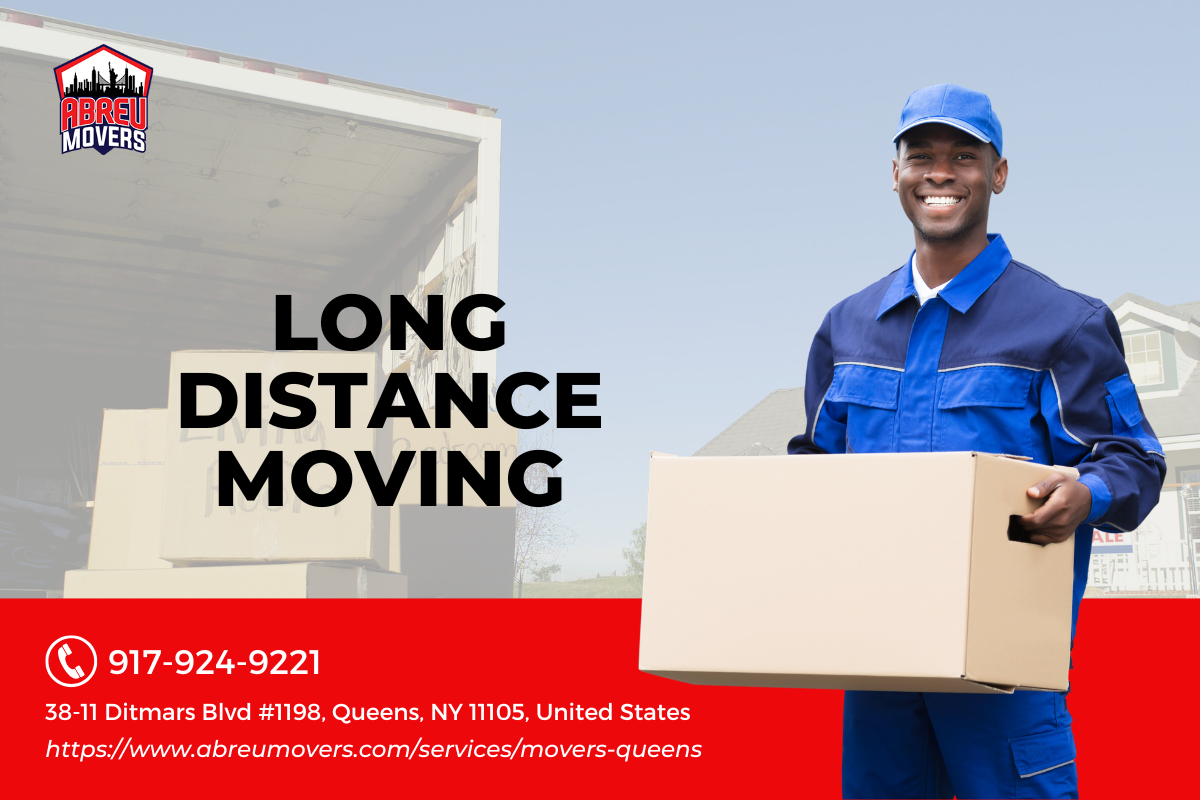

Moving to a new location can be both an exciting and challenging experience. When it comes to long distance moving, the thrill of new beginnings often overshadows the complexities and costs involved. However, as many have learned through experience, the financial implications of a move can sneak up on you. In this comprehensive guide titled The Hidden Costs of Long Distance Moving You Should Know About, we will explore various aspects related to long distance movers and give you insight into the often-overlooked expenses that come with relocating across states or even from coast to coast.
Introduction: Understanding Long Distance Moving
Long distance moving isn't just about packing your belongings and hitting the road. It involves meticulous planning, budgeting, and executing a strategy that ensures all your possessions make it to your new home safely. But what are the true costs associated with this type of relocation? Let's delve into some crucial insights regarding long distance moving companies and their hidden fees.
The Hidden Costs of Long Distance Moving You Should Know About
When you hire a long distance moving company, you're not just paying for transportation; you're also investing in peace of mind, reliability, and professionalism. However, it's essential to understand that several undercurrents contribute to your final bill.
1. Fuel Charges: More Than Just Gasoline
When calculating costs for long distance moving, many forget about fuel charges. While some companies include this in their estimates, others may add it later on. Fuel prices fluctuate significantly; hence, it's wise to budget for variations.
Estimating Fuel Costs
- Average fuel price per gallon in your region. Estimated miles to your destination. Your vehicle’s miles per gallon (MPG).
Example Calculation: If you're traveling 1,000 miles with a vehicle that averages 15 MPG and gas prices are $3 per gallon:
Total gallons needed: 1000 miles ÷ 15 MPG = 66.67 gallons Total fuel cost: 66.67 gallons × $3 = $2002. Insurance Costs: Protecting Your Belongings
Insurance is another aspect that can inflate your moving budget unexpectedly. Most reputable long distance movers offer basic liability coverage but suggest purchasing additional insurance for high-value items.
Types of Insurance
- Basic Coverage: Usually included but limited. Full Value Protection: Covers the full value of items lost or damaged.
3. Packing Supplies: The Cost of Preparation
Often overlooked are the expenses associated with packing materials such as boxes, tape, bubble wrap, and more.
Budgeting for Packing Supplies
Consider how much stuff you have:
- Small moves may require fewer supplies. Large homes could necessitate dozens of boxes.
You might spend anywhere from $100 to over $500 depending on how much assistance you need.
4. Labor Costs: Who's Helping You Move?
Labor can be one of the most significant components of your moving budget when hiring a professional company or even friends who expect compensation for their time.
Understanding Labor Fees
- Hourly rates vary by location; New York movers typically charge more than those in rural areas. Additional fees may apply if there are stairs involved or if heavy lifting is required.
5. Storage Fees: Temporary Solutions Can Be Costly
Sometimes you may need storage during a long-distance move—either because your new home isn’t ready or because you're downsizing.
Storage Options
- Climate-controlled units tend to be pricier but offer protection against extreme temperatures. Short-term rentals can add an unexpected layer of expense.
6. Tolls and Roadside Assistance: Hidden Travel Expenses
Traveling long distances often means crossing toll roads or needing roadside assistance due to unforeseen circumstances like flat tires or breakdowns.
Planning for Toll Roads
Utilize apps like Waze or Google Maps that factor in tolls while planning routes.
7. Cancellation Fees: What Happens If Plans Change?
Life is unpredictable; sometimes plans change at the last minute which could lead to cancellation fees if you've already booked services with a long distance mover.
Reading Contracts Thoroughly
Always read through contracts carefully before signing—look out for clauses regarding cancellations or changes in plans.
8. Additional Services Offered by Long Distance Movers
Many moving companies offer supplemental services like cleaning or unpacking—but these often come at an extra charge that needs consideration when budgeting.
Common Misconceptions About Long Distance Moving Costs
9. All Quotes Are Final – Fact or Fiction?
Most people believe that quotes provided by moving companies are absolute; however, they can fluctuate based on various factors including weight discrepancies during loading and unloading processes.
10. DIY Moves Are Always Cheaper
While doing it yourself appears less costly initially, consider hidden expenses such as renting trucks, paying for gas & food along the way which could overshadow savings compared to hiring professionals from reliable interstate moving companies.
Navigating State Regulations & Taxes on Moves
11. Understanding Tax Implications When Moving Across States
Some states impose taxes related specifically to moving services rendered within their jurisdiction—be sure not only do research regarding local laws but consult tax professionals where necessary!
FAQs About Hidden Costs in Long Distance Moving
12. What happens if my belongings get damaged during transit?
Most reputable moving companies provide insurance options; check what’s covered under basic liability versus full value protection before deciding on coverage levels appropriate for personal items being transported!
13. Are there any discounts available when hiring long-distance movers?
Many companies offer seasonal promotions; https://jsbin.com/zezaricali inquire directly with potential service providers about available discounts offered throughout year-round!
14. Can I negotiate costs with my chosen mover?
Absolutely! Many movers welcome negotiations especially if you've received lower estimates elsewhere; don’t hesitate reaching out directly requesting potential price adjustments based upon competitor pricing models!
15.What is considered "extra" during my move?
Extra fees may include anything outside standard services such as adding large furniture pieces requiring disassembly/assembly upon arrival—always clarify details upfront!
16.Do I need special permits while driving across state lines?
Typically no permits are required unless heavier vehicles exceed certain weight limits imposed by individual states—check regulations before embarking journey ahead!
Conclusion
In conclusion, understanding the hidden costs associated with long distance moving can save you from unexpected financial strain down the line! From fuel charges and insurance costs to packing supplies—you must consider every angle before jumping into this daunting task! The tips discussed throughout this article titled "The Hidden Costs of Long Distance Moving You Should Know About" provide fundamental guidance ensuring smoother transitions between locations while maximizing savings along way! So whether you're using a queens long distance moving company or planning an adventurous cross-country move with family—stay informed about potential pitfalls awaiting during journey ahead!